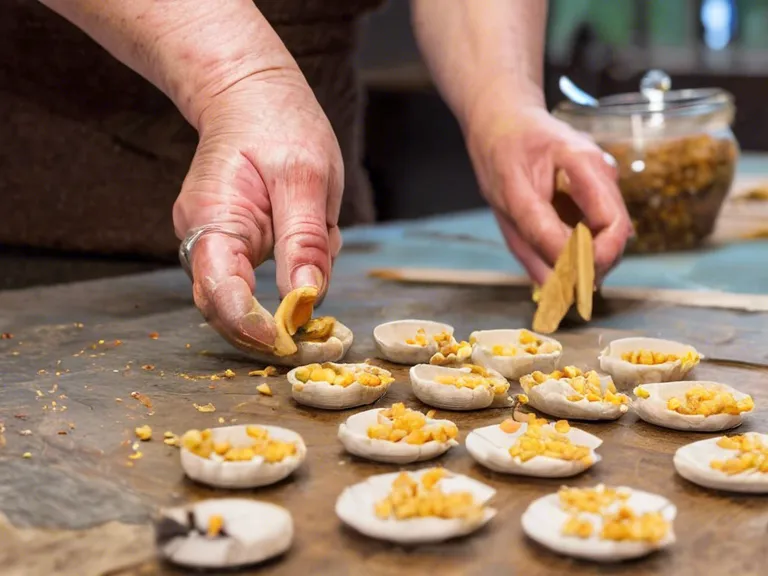
Educational Insights into the History of Traditional Snacks
From potato chips to samosas, traditional snacks have been enjoyed by people all over the world for centuries. These snacks not only tantalize our taste buds but also offer a glimpse into the history and culture of different regions. Let's take a closer look at the educational insights behind some of these beloved treats.
Potato Chips Originally created in the United States in the 19th century, potato chips have become a staple snack around the world. The thin, crispy slices of potato are fried to perfection and seasoned with salt or a variety of other flavors. Potato chips offer a delicious glimpse into American culinary history and have evolved into a multi-billion dollar industry.
Samosas Originating in the Indian subcontinent, samosas are popular triangular pastries filled with spiced potatoes, peas, and sometimes meat. These savory snacks have a long history dating back to the Middle Ages and are now enjoyed in countries across Asia and the Middle East. Samosas are not only delicious but also provide insight into the rich culinary traditions of Indian cuisine.
Churros Churros are a popular Spanish snack made from fried dough that is then coated in sugar and cinnamon. These sweet treats are believed to have been brought to Europe by the Portuguese or Spanish in the 16th century. Churros are now enjoyed in many Spanish-speaking countries and are often served with a side of chocolate sauce for dipping.
Baklava A staple dessert in many Middle Eastern and Mediterranean countries, baklava is a sweet and flaky pastry made from layers of phyllo dough, nuts, and honey. This delectable treat has a long history dating back to the Ottoman Empire and offers a delicious taste of the region's culinary heritage.
Kimchi Kimchi is a traditional Korean side dish made from fermented vegetables, most commonly cabbage. This spicy and tangy snack has been enjoyed in Korea for centuries and is believed to have originated in the Three Kingdoms period. Kimchi is not only delicious but also serves as an important source of probiotics and vitamins.
Exploring the history of traditional snacks can provide valuable insights into the culinary traditions and cultural practices of different regions, offering a delicious way to learn more about the world around us.



